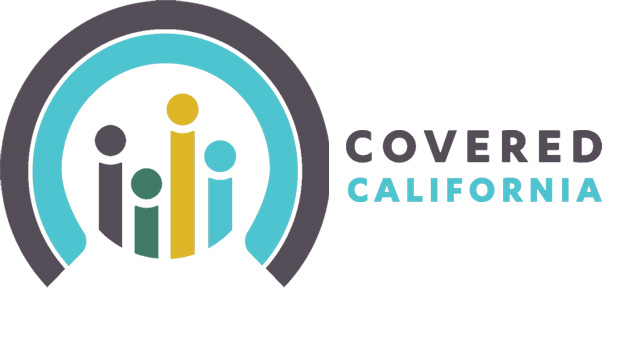With the economy in recession, many people are (rightfully) trying to save every penny they can. From entertainment to groceries, families across the nation are looking for a “good deal.” Some have discovered the increasingly popular medical tourism industry- where individuals travel internationally for discounted surgeries, treatments and medications. While the prices may seem great, our office would like to take a moment to show you that some of these deals may be “too good to be true.”
For starters, we are addressing dental tourism as the act of traveling to a specific office in a specific country for cheaper treatment. We are not discounting the standard of dental care in any country; you can find a great dentist in every part of the world. However, when patients travel specifically to seek out cheaper treatment, they often find themselves in unsafe situations.
In the United States, healthcare is not “cheap.” Fortunately, dental treatment has remained on the lower end of the cost spectrum, where some patients may still find it viable to receive great regular treatment even without insurance. While there are a number of issues that play into this high cost, one of the most important factors is regulation.
For a dental office to open its doors in America, it has to satisfy hundreds of qualifications, standards and licensing requirements. Our dentists have to hold a valid license, which can only be renewed if they have received the proper number of yearly credits for continuing education. The instruments and materials we use have to be approved safe by the FDA. Even our sterilization systems are subject to testing and supervision from the state dental board. However, the most important part of all this regulation is that it is strictly enforced. Between HIPPA, OSHA, the California Dental Board, the local dental society and the Food and Drug Administration, there are a number of “safety nets” that keep our patients out of harm’s way. Likewise, this excellent system of care comes with a fair share of taxes, specialized equipment and additional work to meet requirements; all of which can increase the cost of care.
Beyond extensive regulation, dental offices are simply expensive to run. In an office like ours, seeing patients daily would be impossible without a complete staff of front office coordinators, hygienists and assistants. In fact, nearly 25%-35% of an office’s typical overhead goes to pay the clinical staff (excluding the dentist). When you include lab fees, utility bills, insurances and disposable products, this number grows very rapidly. As you may imagine, these costs go hand-in-hand with regulatory measures, as to assure the office runs in complete compliance.
When you travel internationally for dental tourism, think about why the office you are visiting can offer cheaper care. Are they using proper sterilization techniques? Are their instruments licensed as safe for dental use? Is their equipment subject to strict scrutiny from government inspections? At some point, there must be a “missing piece” that allows them to offer cheaper care. Maybe it is simply the result of an overall lower cost of living in that country. However, it is often difficult to discern what you are (or aren’t) getting with this type of international treatment.
Perhaps you have found a great clinic with low fees that comes highly recommended from a friend or coworker. You checked their website, where the “American standard of care” is guaranteed by the head dentist. You may travel to this clinic, receive great treatment, and make it home while saving some money. Unfortunately, dentistry (like all of biology and medicine) can be unpredictable at times. Even the most skilled practitioner using the best techniques and equipment will occasionally have imperfect treatment outcomes. With a local office, these problems can be easily remedied by the treating dentist or through close communication with a specialist or associate. However, having international treatment amended can be expensive or impossible, depending on your situation. Often times, American dentists cannot provide follow up treatment to international care, as they are not familiar with (or cannot identify) the materials or techniques used. This may require a return visit to the treating international dentist, negating any potential savings.
At Thousand Oaks Family Dentistry, we are extremely proud of the transparency and standard of care we offer our patients. We understand that some of our patients may be tempted by lower prices in international offices, but we urge you to have a consultation with us first. You may find that our fees are competitive, with the added peace-of-mind from highly regulated local dental treatment. If you have any questions regarding our fees or practices, please give us a call!







